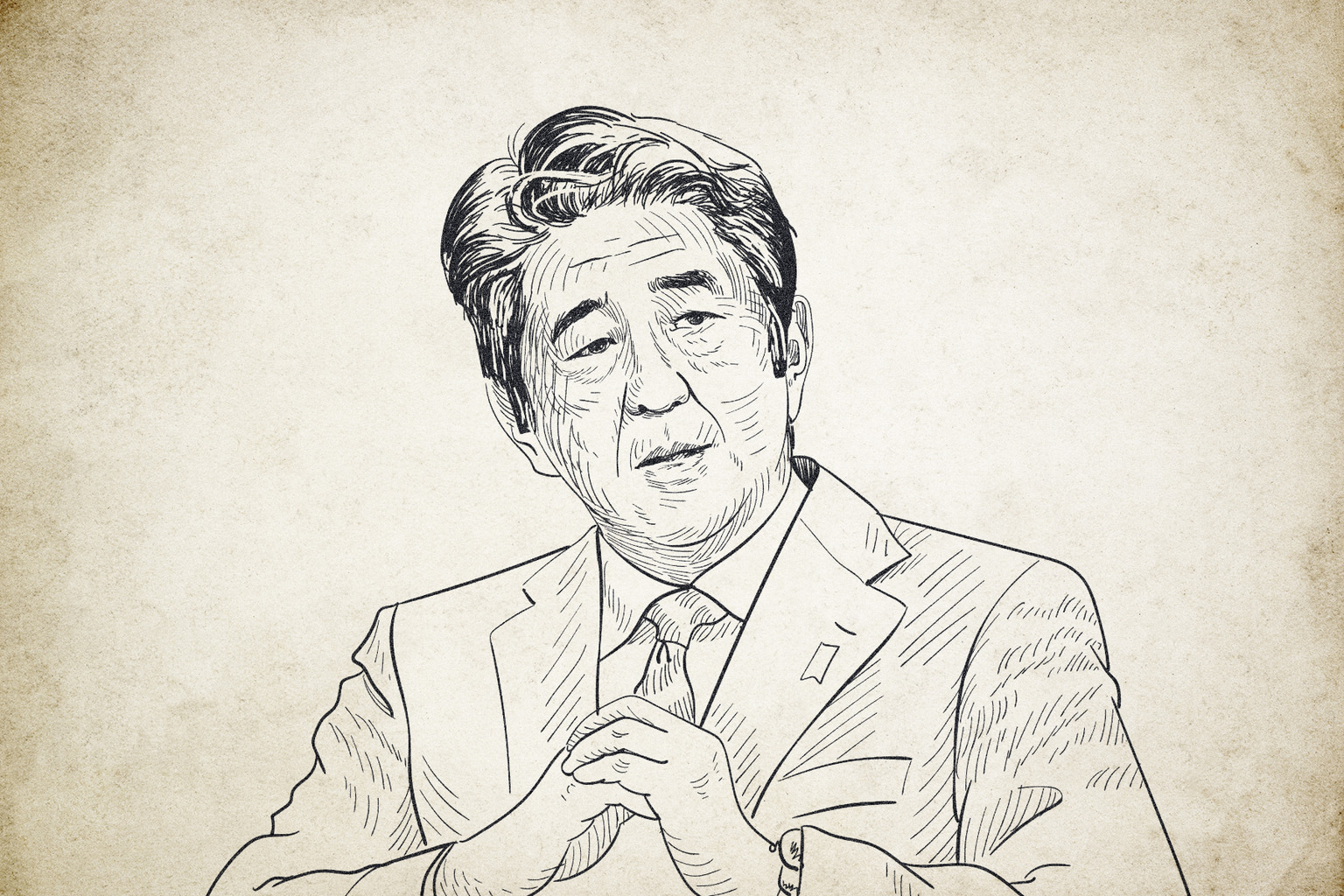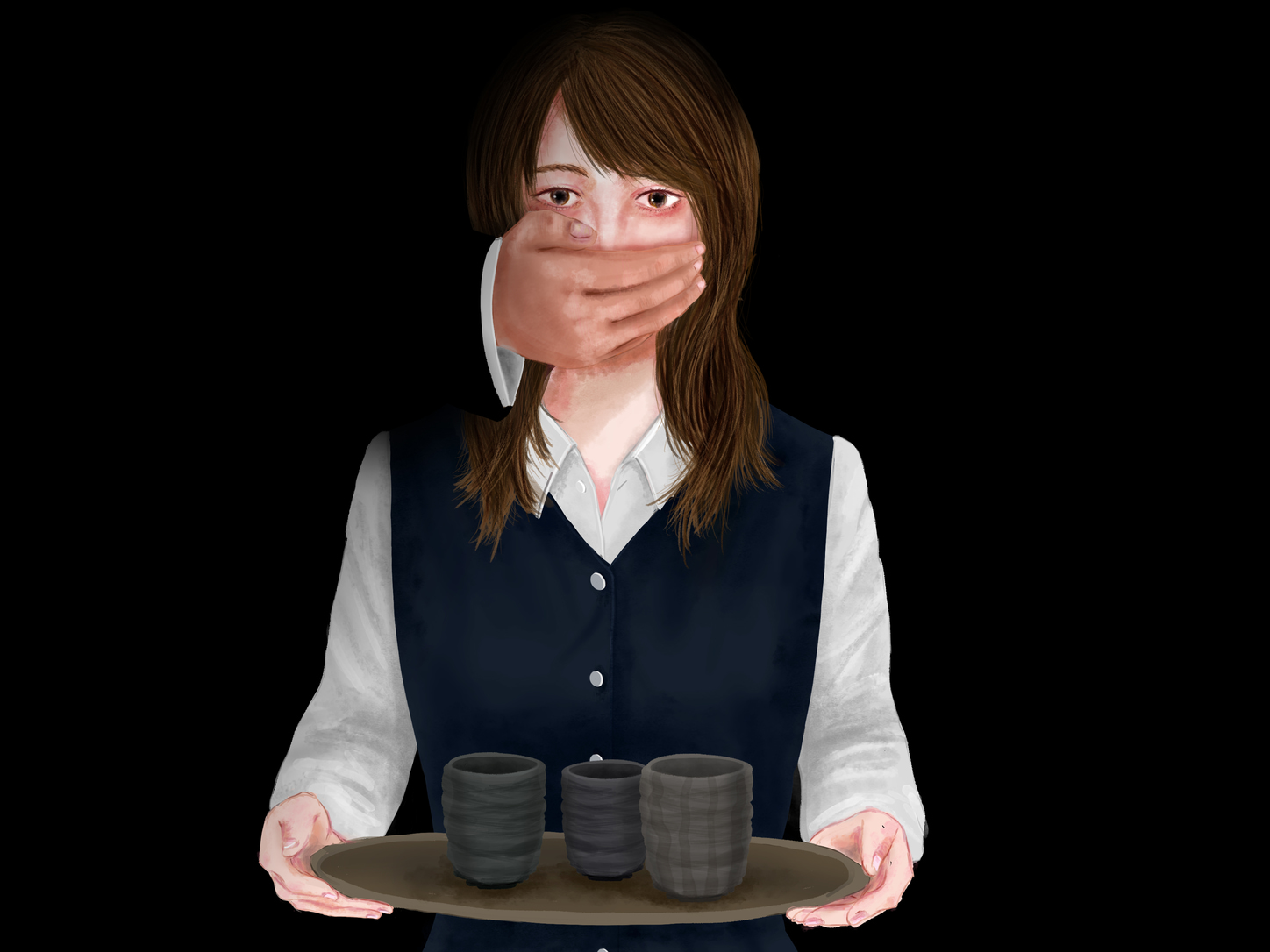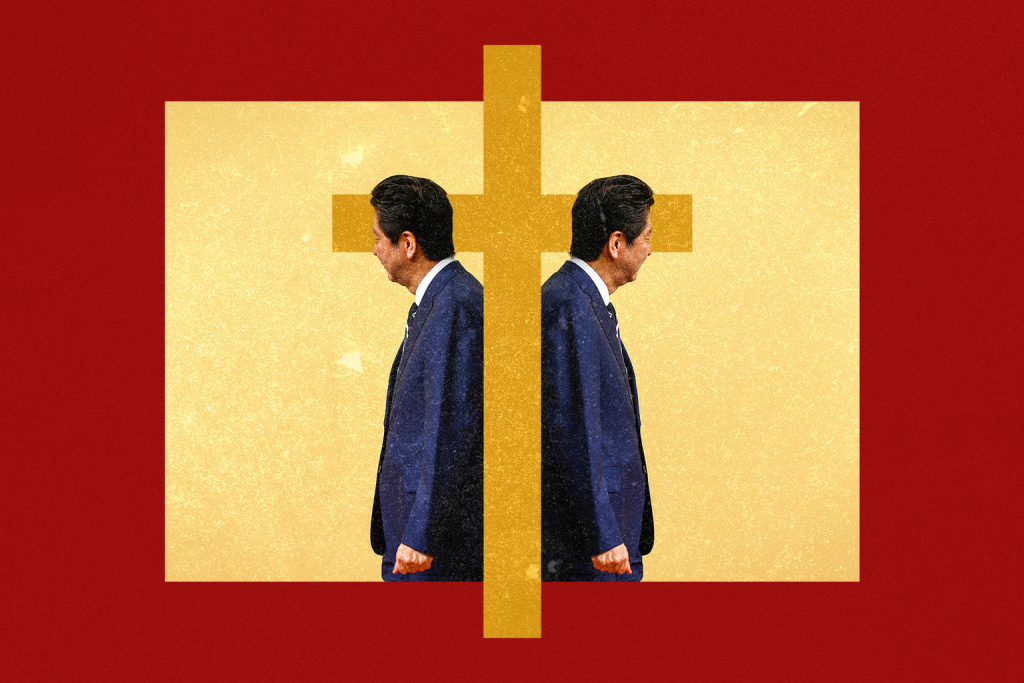In this week’s news roundup, we have the latest on the killing of Shinzo Abe. We also report on the House of Councillors election, another poor performance from Japan in the recent gender gap report and the country’s seventh Covid wave. In sport, wheelchair tennis star Shingo Kunieda completes a “career golden slam” and the Japanese rugby team narrowly lose to France.
Suspect in Abe Shooting Originally Targeted Religious Group Leader
Speaking at a press conference on Monday, Tomihiro Tanaka, president of the Japan branch of South Korea’s Unification Church, acknowledged that the mother of Tetsuya Yamagami, the man accused of assassinating Shinzo Abe, has been a member of their church since 1998 and last attended an event two months ago. However, he said he was baffled by reports suggesting the suspect was motivated by a grudge against the group. “We find it confusing and difficult to understand why resentment against the church would lead to former Prime Minister Abe’s killing,” Tanaka told reporters. He declined to comment on the mother’s donations, but said the church, commonly referred to as the Moonies, never force people to donate against their will.
A relative of the suspect told the Asahi Shimbun that his mother donated more than ¥100 million to the church. She was declared bankrupt in 2002. Yamagami allegedly blamed the Moonies for this and shot Abe due to his ties to the group. He reportedly believed that Abe’s grandfather, former PM Nobusuke Kishi, was instrumental in bringing the organization here. Last September, Abe attended an event arranged by Hak Ja Han Moon, current leader of group and widow of its founder Sun Myung Moon. She was supposedly Yamagami’s original target, but that proved difficult as she stopped coming to Japan due to the coronavirus pandemic. For years critics have called the church a cult and questioned its murky finances.

Shinzo Abe will be given a state funeral this autumn | Illustration by Anna Petek
Japan’s Longest-Serving PM Laid to Rest
“It’s as if I’m still in a dream,” said Akie Abe during a tearful eulogy at her husband’s funeral. The private ceremony took place at Zojoji Temple on Tuesday. “I’m extremely grateful,” added the widow of the former PM. “He always protected me. I think my husband had a lot of things left to do as a politician, but … he reached his final winter. He sowed many seeds, which will someday sprout.” Around 1,000 people paid their respects to Abe at the site while 200 attended the ceremony inside the temple. Among them was Taiwan Vice President William Lai. China subsequently filed “stern representations” with Japanese diplomats, stating that Taiwan was part of China and “does not have a so-called vice-president.”
Abe’s wake took place the previous day at the same venue. Around 2,500 people were in attendance, including members of the public. Prior to the ceremony, the Japanese government announced that it would be posthumously honoring the country’s longest-serving PM with the Collar of the Supreme Order of the Chrysanthemum, Japan’s highest decoration. Made from pure gold and worn by the emperor, it’s previously been awarded to several visiting foreign heads of state. The Tokyo-born leader is the fourth Japanese postwar prime minister to receive the exclusive order. The other three were Shigeru Yoshida, Eisaku Sato and Yasuhiro Nakasone. A state funeral will be held for Abe in autumn.
Landslide Election Victory for the LDP
The Japanese House of Councillors election went ahead on Sunday despite the death of Abe. The ruling Liberal Democratic Party (LDP) won 63 seats, more than half of the 125 up for grabs. Prime Minister Fumio Kishida would now like to accelerate discussions regarding revisions to the “no war” clause in the constitution. The four pro-amendment parties secured the two-thirds majority required to initiate proposals. Those parties are the LDP, its coalition partner Komeito, the Democratic Party for the People (DPFP) and the conservative opposition Nippon Ishin no Kai (The Japan Innovation Party). In a Tuesday editorial, Beijing’s Global Times warned that Japan’s scrapping of its pacifist constitution would lead it into an “abyss.”
Other significant results from Sunday’s election included the fact that a record 35 women won seats. That beat the previous high of 28 achieved in 2016 and 2019. One of those females elected was LDP newcomer Akiko Ikuina, a former member of the all-girl idol group Onyanko Club. She was one of several celebrities to win seats. Others included Hakase Suidobashi from the comedy duo Asakusa Kid. He was running for the minor opposition party Reiwa Shinsengumi, led by former actor Taro Yamamoto who secured his seat in the Tokyo constituency with around 570,000 votes. Actress and former Iron Chef judge Mitsuko Ishii, meanwhile, claimed a seat for Nippon Ishin no Kai.

The gender gap remains wide in Japan | Illustration by Rose Vittayaset
Japan Ranks 116th in Gender Gap Report
While more women are winning seats in parliament here, by global standards it’s still nowhere near enough. That’s the verdict of the World Economic Forum, which released its Gender Gap report on Wednesday. As with previous years, Japan finished low down on the list, ranking 116th out of 146 countries. “The outcome shows that the situation in Japan lags behind other nations and we must take it humbly,” said Chief Cabinet Secretary Hirokazu Matsuno at a press briefing in Tokyo. Last year, Japan ranked 120th out of 156 countries. Its overall performance was slightly worse this year with a general score of 0.65. Scores range from zero to one, with one being full parity between men and women.
The Global Gender Gap report was first published by the World Economic Forum in 2006. The Index is designed to “measure gender-based gaps in access to resources and opportunities in countries rather than the actual level of the available resources and opportunities in those countries.” Nations are assessed in four areas: health, education, economy and politics. Japan attained relatively high scores in the first two categories, but scored poorly in the last two. It was the lowest placed country in East Asia. At the other end of the table, Iceland finished on top for the 13th consecutive year. Finland, Norway, New Zealand and Sweden were the other countries in the top five.
Covid Cases Continue to Rise, but No Restrictions Imminent
Japan is clearly in its seventh wave of coronavirus infections. yet, according to Shigeru Omi, head of a government Covid-19 experts panel, curbs such as quasi-emergency measures are currently not required. “I said that if everyone does what they can do, there’s no need at this point to impose movement restrictions,” he told reporters after meeting with Prime Minister Kishida on Monday. The nationwide subsidy program that was due to start in the first-half of July, is to be postponed, though. “We concluded that we’re not in a situation to conduct the campaign,” said Tourism Minister Tetsuo Saito on Thursday. “We’ll closely monitor the infection situation and once we see an improvement, we’ll swiftly launch (the campaign).”
Nationwide figures are edging towards the 100,000-mark. On Thursday, Japan reported 97,788 new Covid cases, more than double the number from the same day last week. Speaking at a press conference on Thursday, the PM insisted that “maximum caution” was needed with cases spreading rapidly. “At this point, the number of people dying and those who are seriously ill are still low. However, the number of hospital beds in use is on the rise,” warned Kishida. He vowed to accelerate the vaccination drive, targeting around eight million health care and nursing care workers for fourth shots. Plans, he said, are also in place to set up free coronavirus testing centers at major train stations and airports.
Kunieda Completes Career Golden Slam
Before Sunday, wheelchair tennis player, Shingo Kunieda, had won 27 Grand Slam singles titles. That included 11 in Australia as well as eight each in France and the US. The one missing was Wimbledon. At least it was until Sunday. The Japanese player completed a “career golden slam,” which includes the four majors and a Paralympic gold, with a 4-6, 7-5, 7-6 win over Britain’s Alfie Hewett at the All-England Lawn Tennis Club. Partnering Argentina’s Gustavo Fernandez, he also won the men’s doubles title. That’s now 50 grand slams in total for Kunieda. In the women’s wheelchair doubles final, Yui Kamiji triumphed alongside America’s Dana Mathewson.
At Tokyo’s National Stadium on Saturday, the Japanese rugby team had a late try disallowed, denying a potential seven points that would have given them their first-ever triumph over France. A television replay showed Tevita Tatafu lost control of the ball as he went over the line. The French subsequently held on for a 20-15 victory that elevated them to number one in the world rankings. Two first half tries from Ryohei Yamanaka helped to give the hosts a 15-7 lead at the break. The European side fought back in the second with two penalties and Baptiste Couilloud’s try sealing the win.
Feature image by Anna Petek









